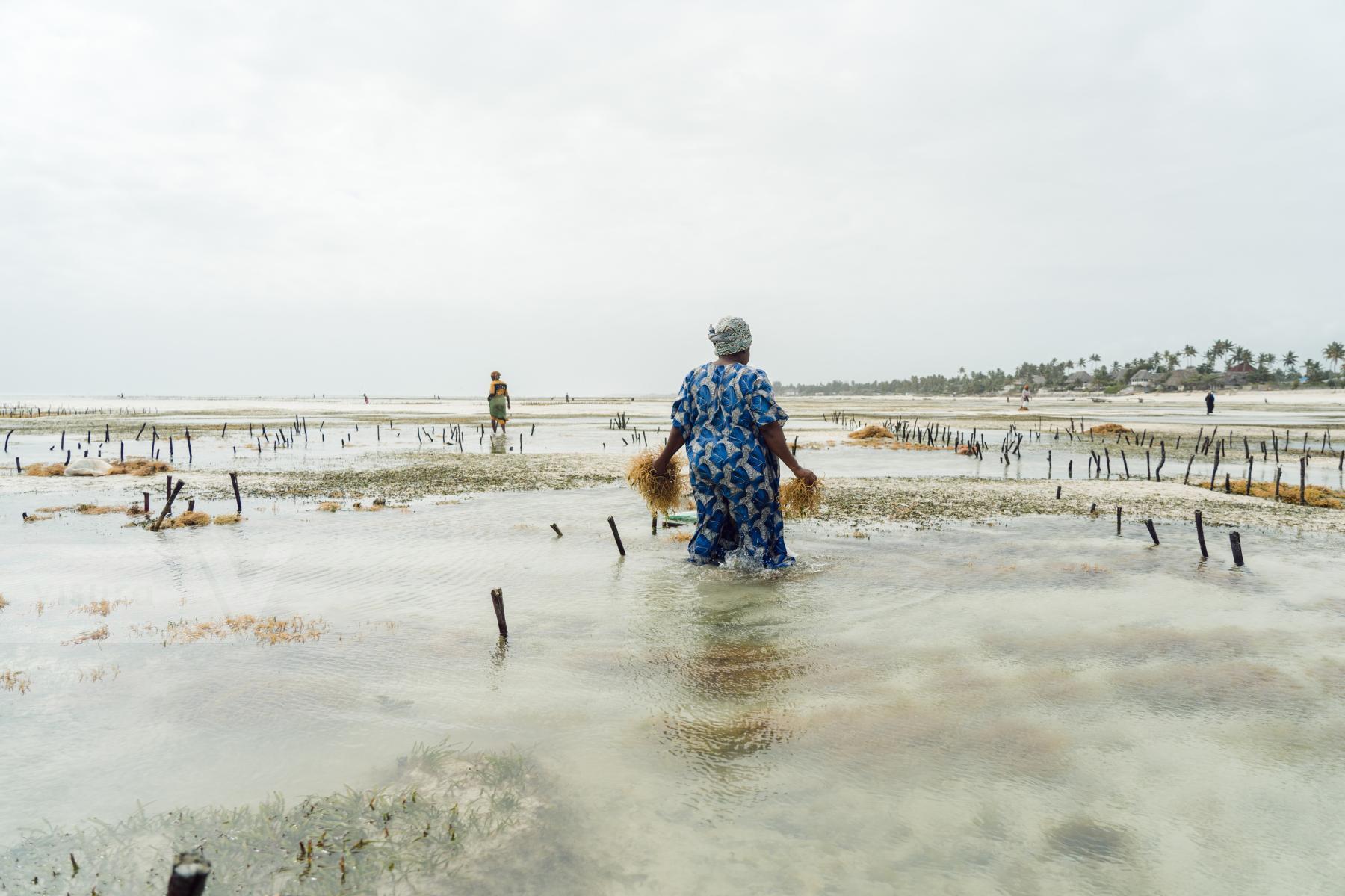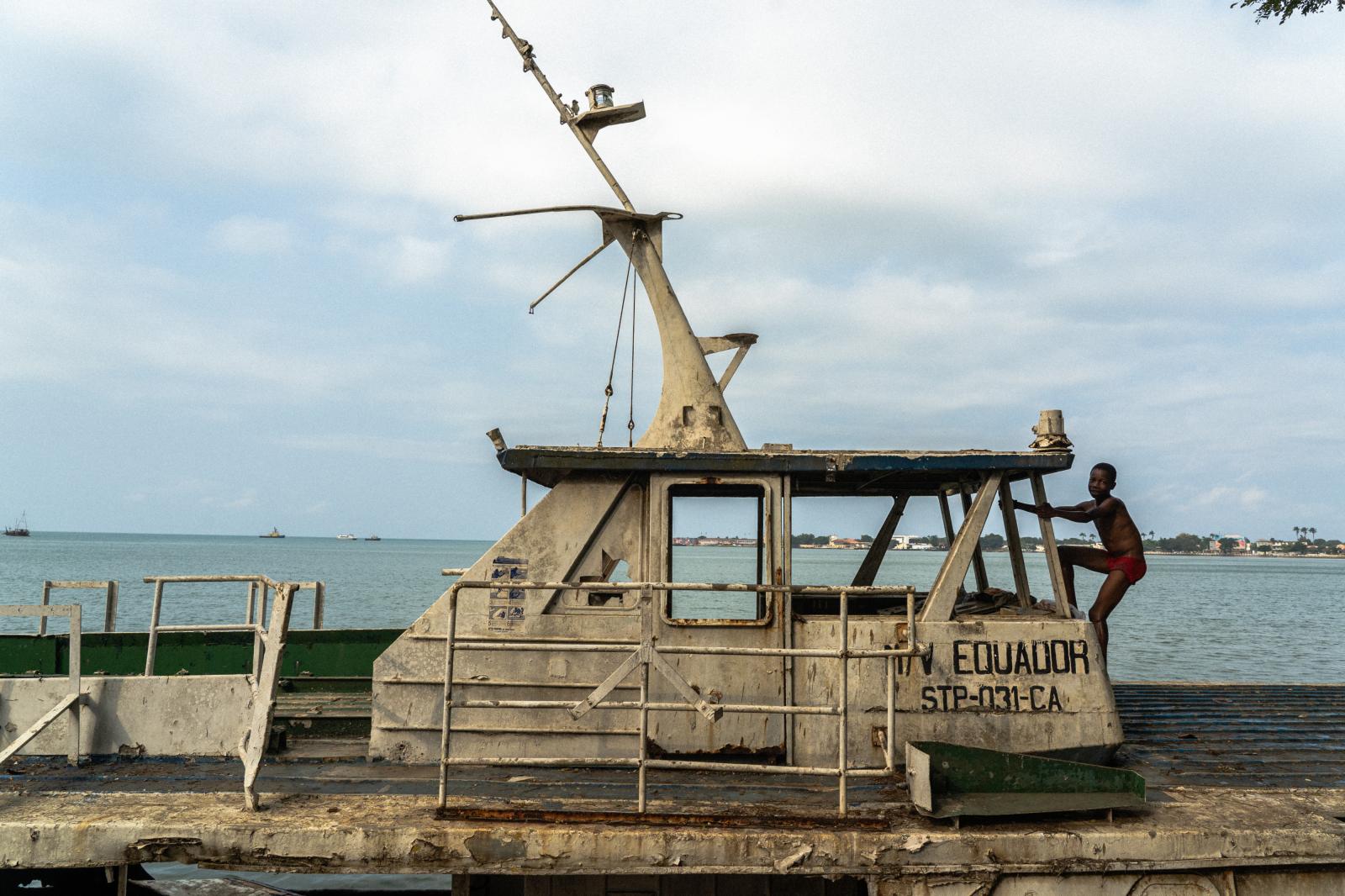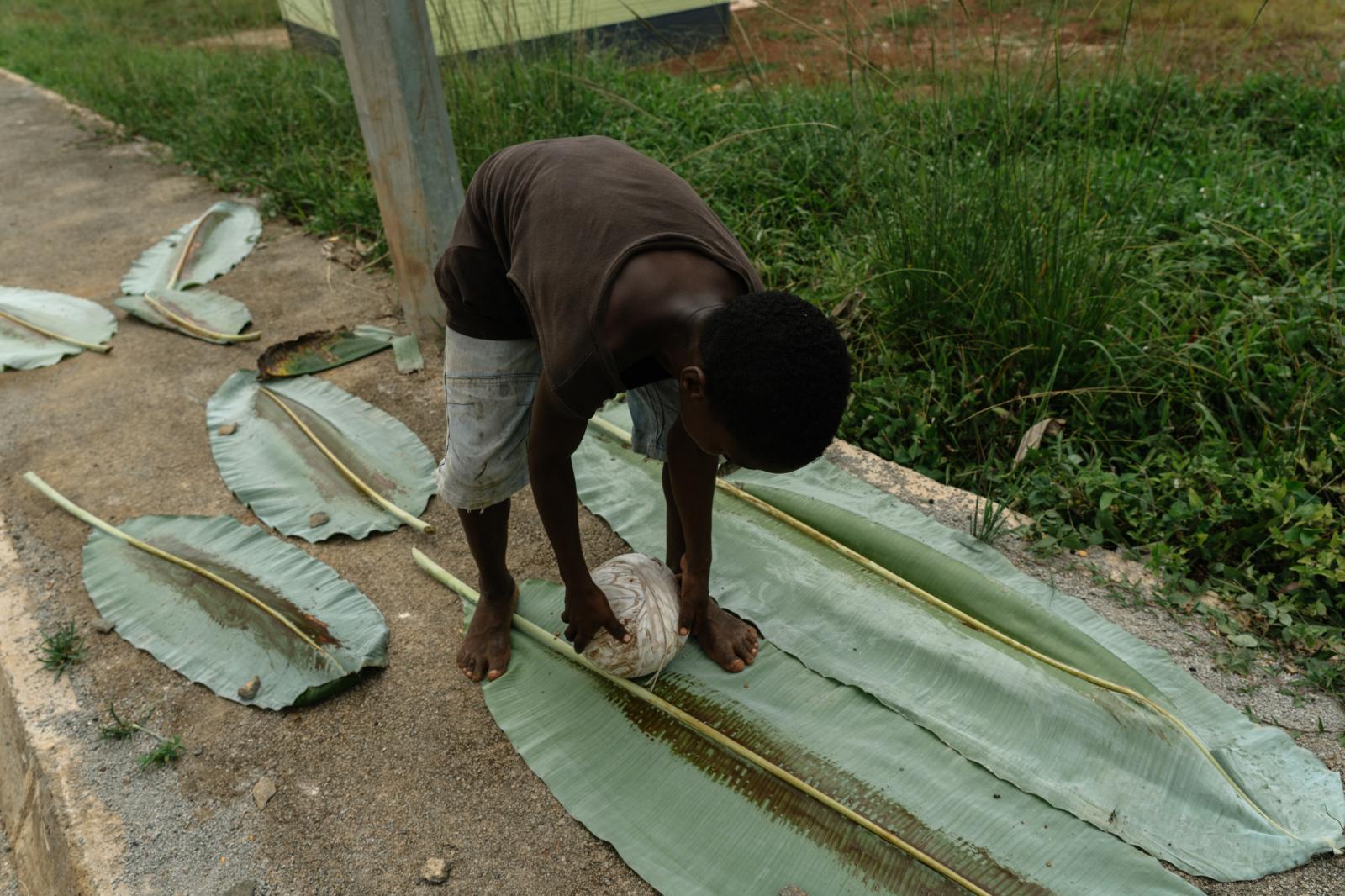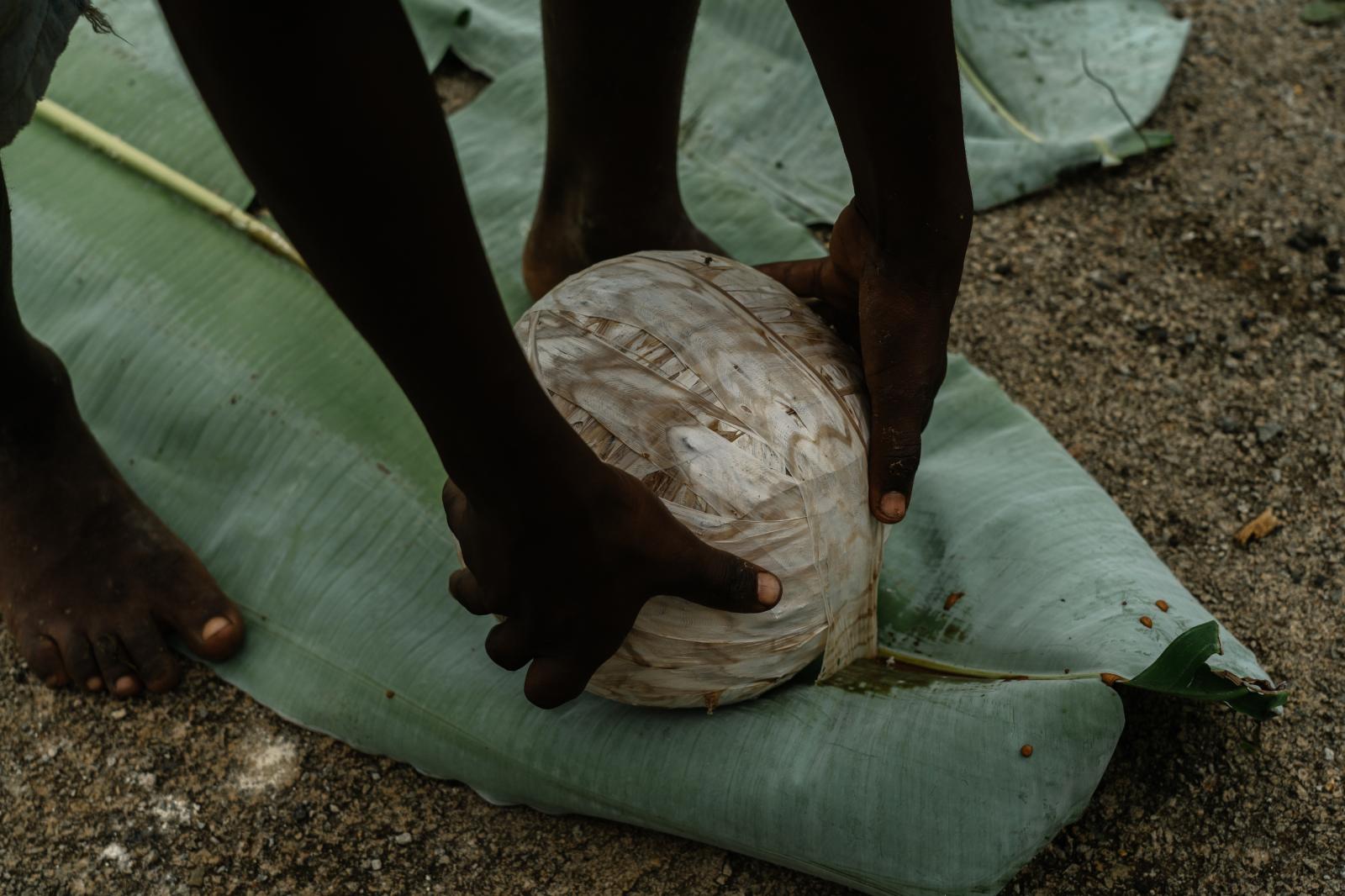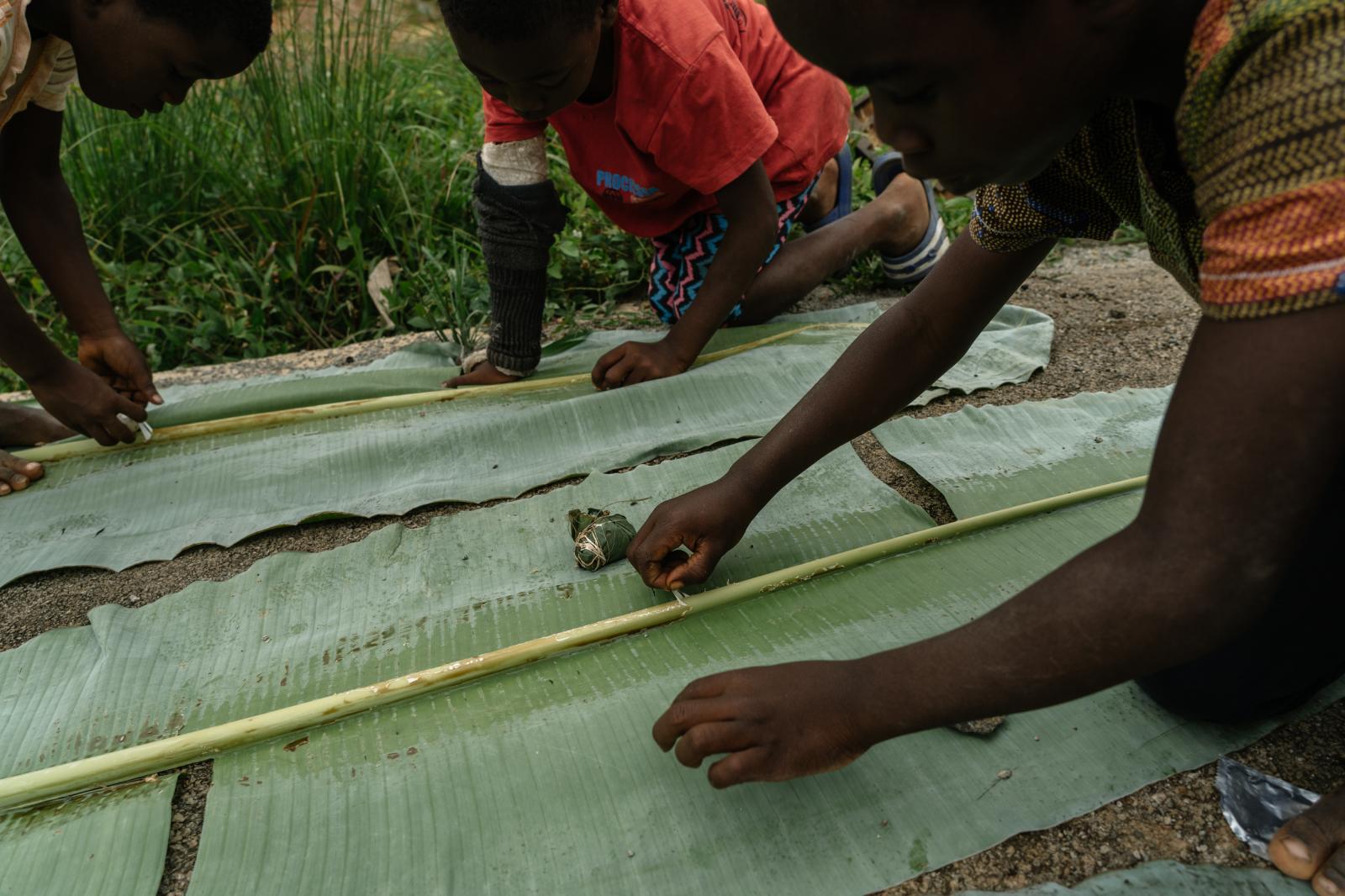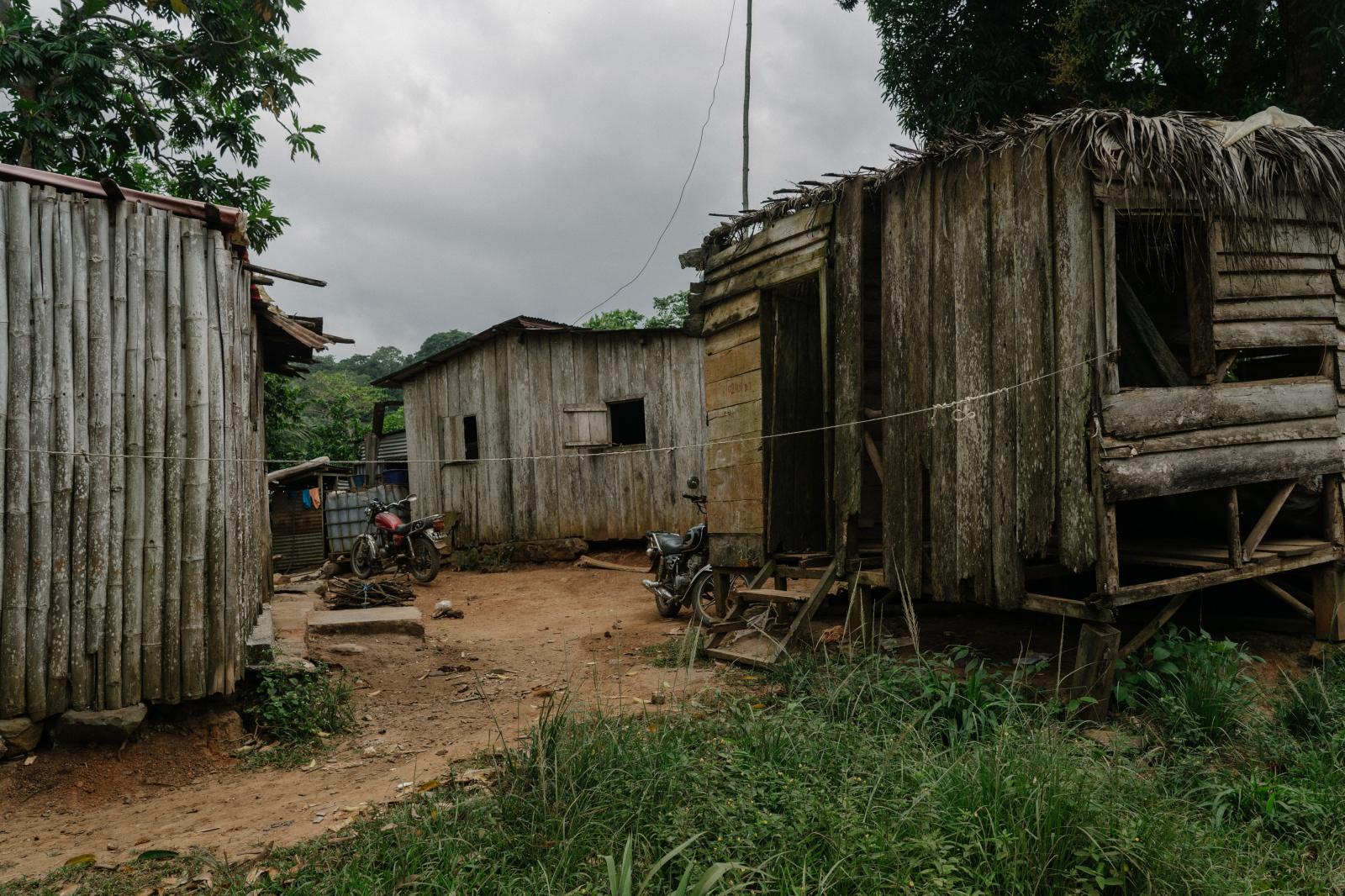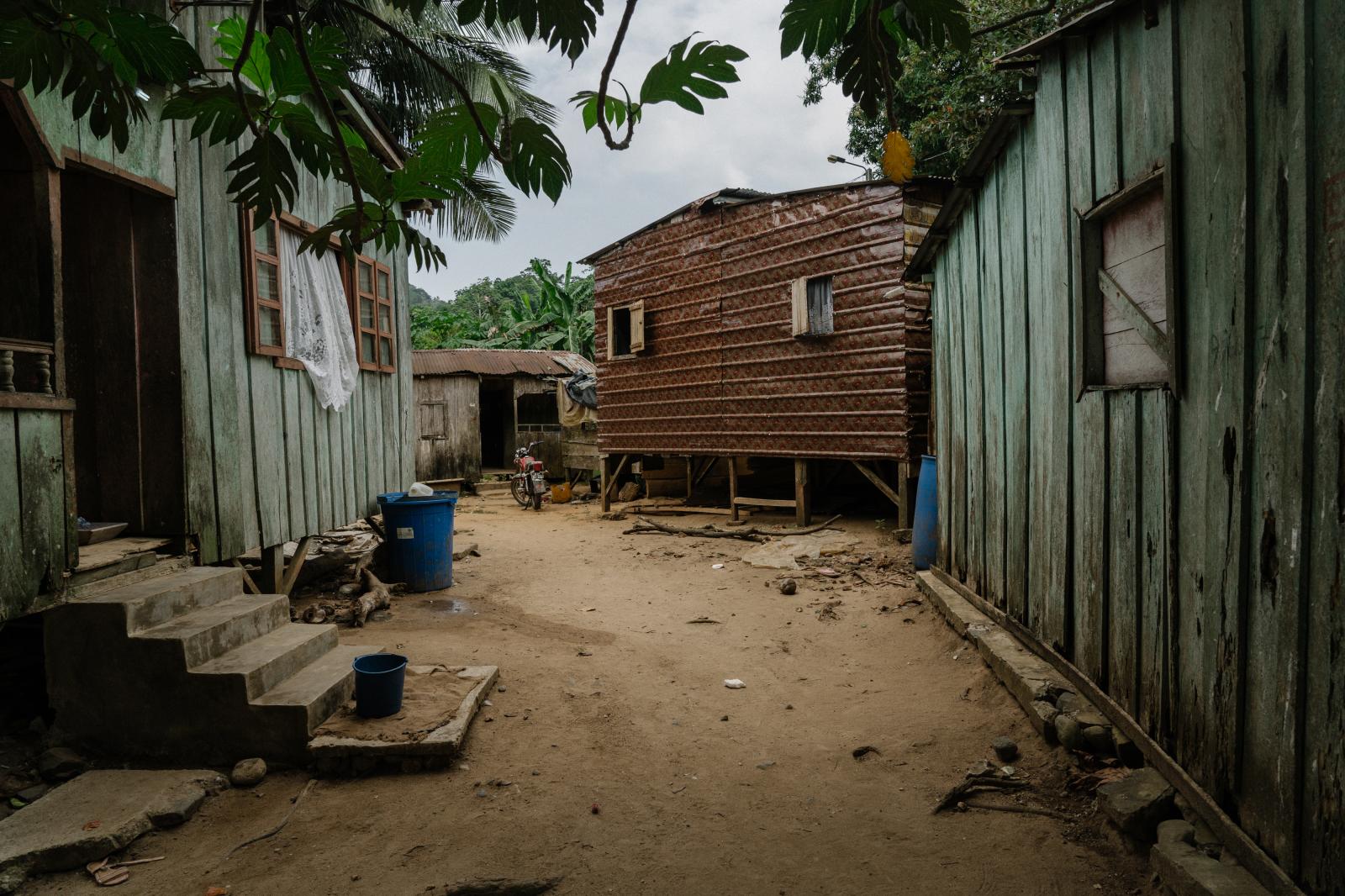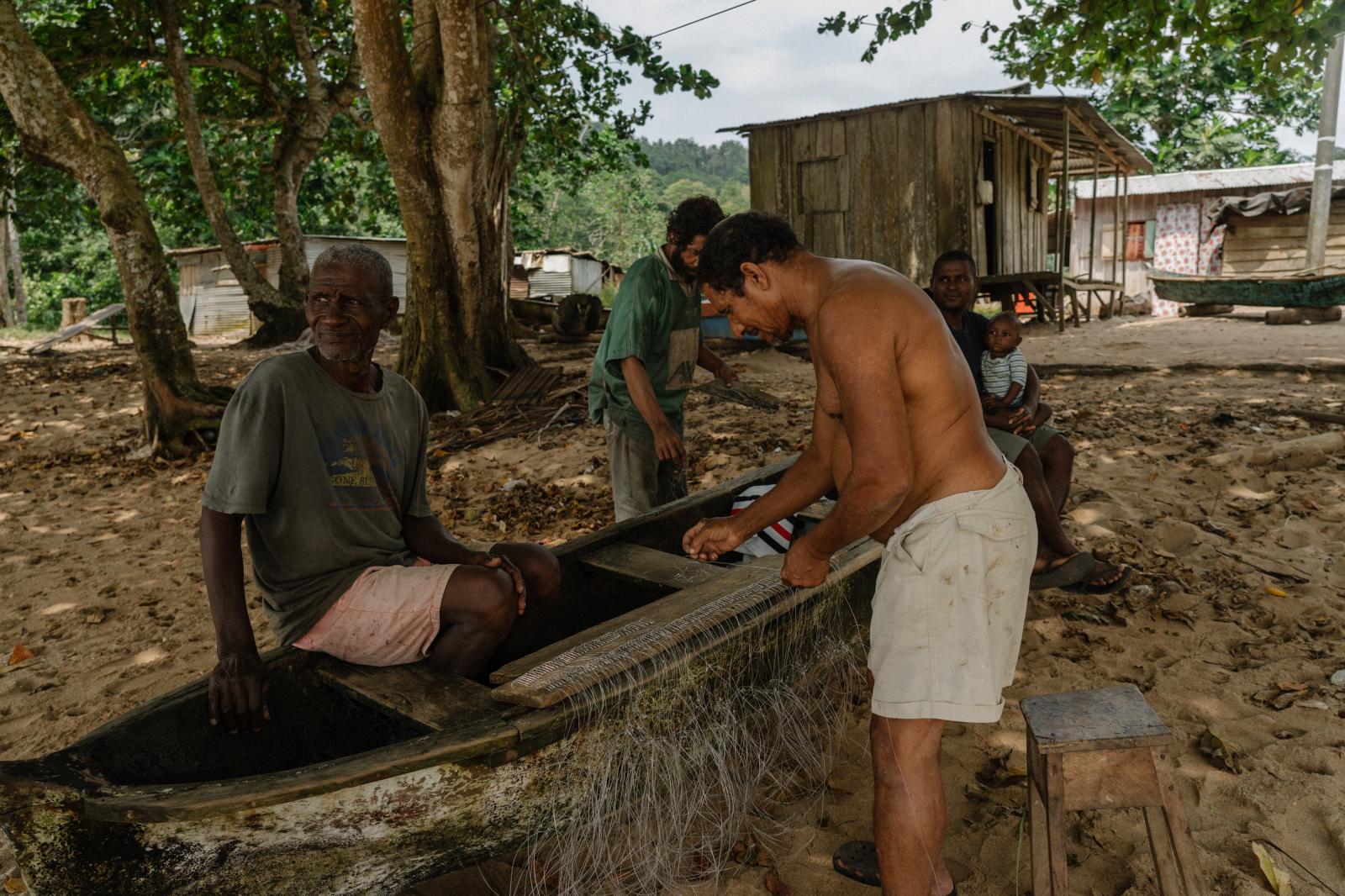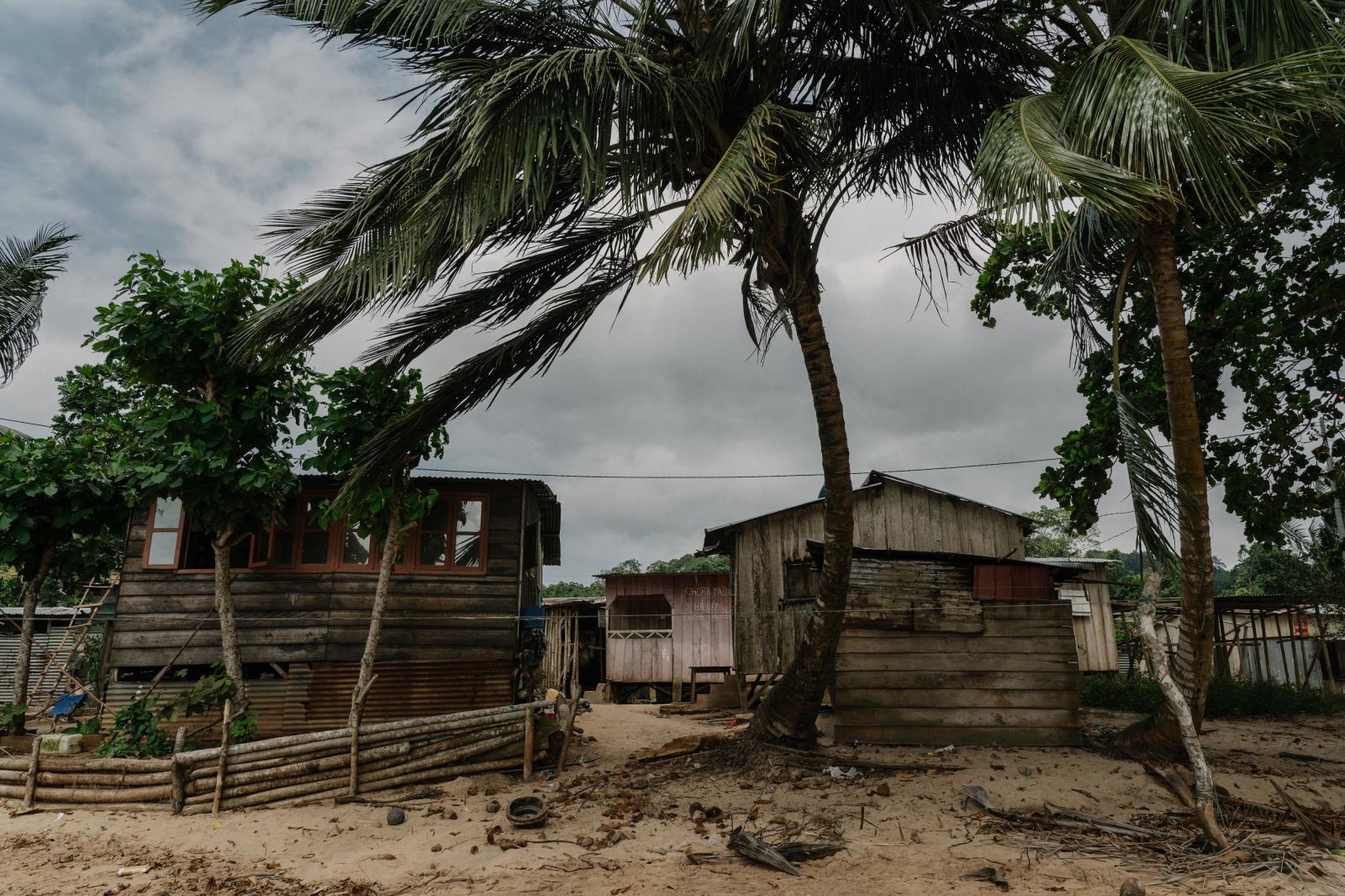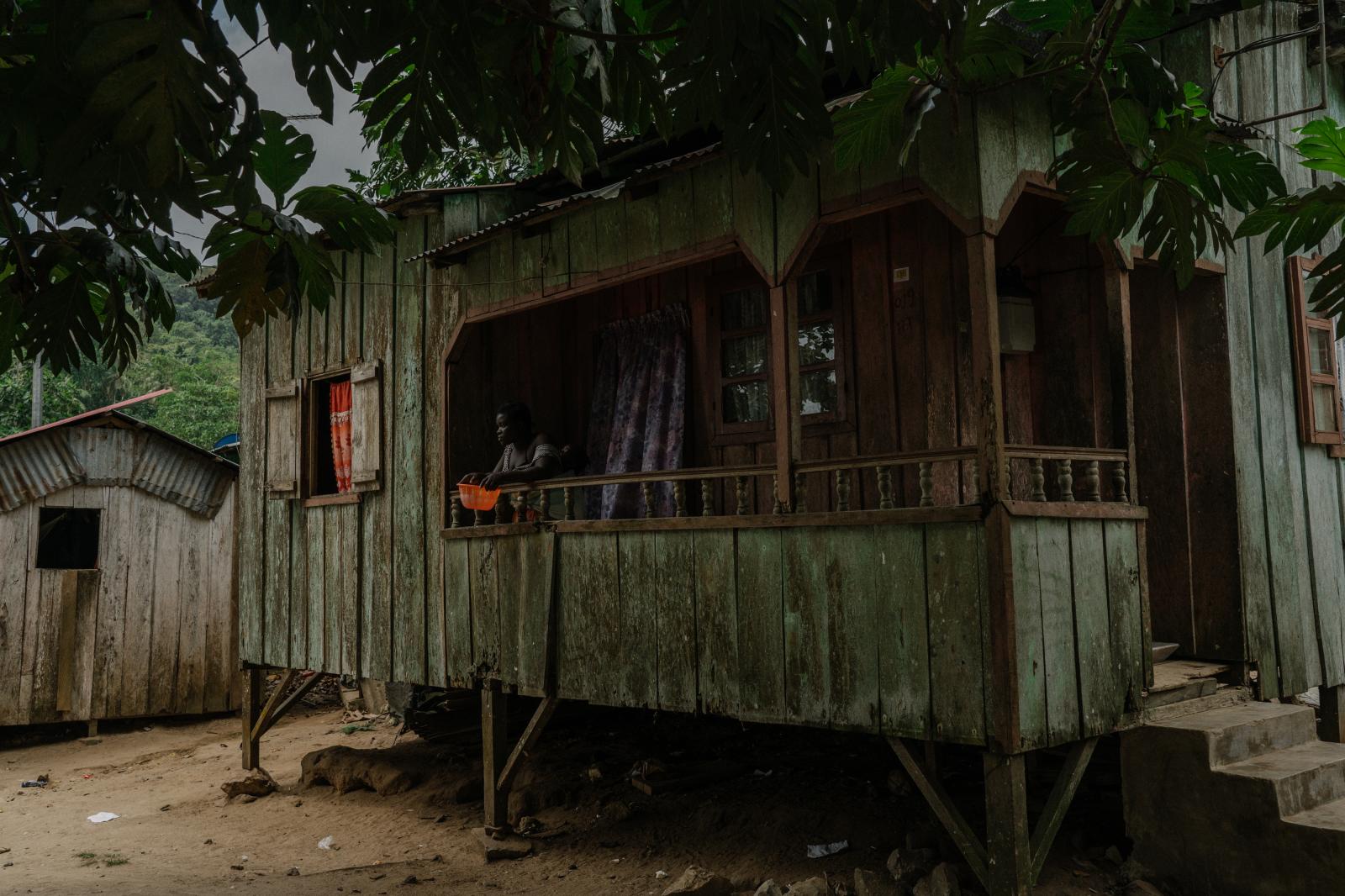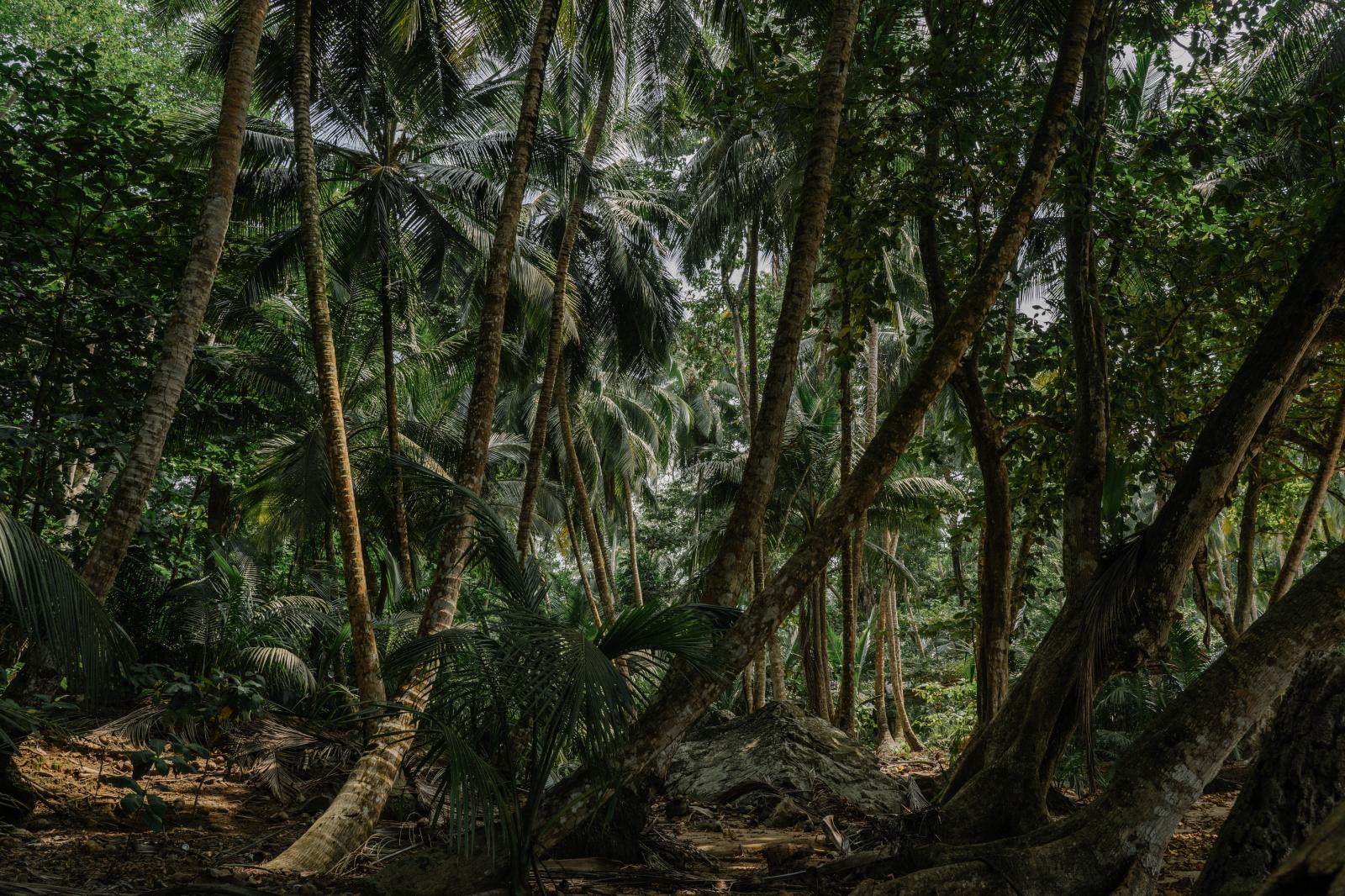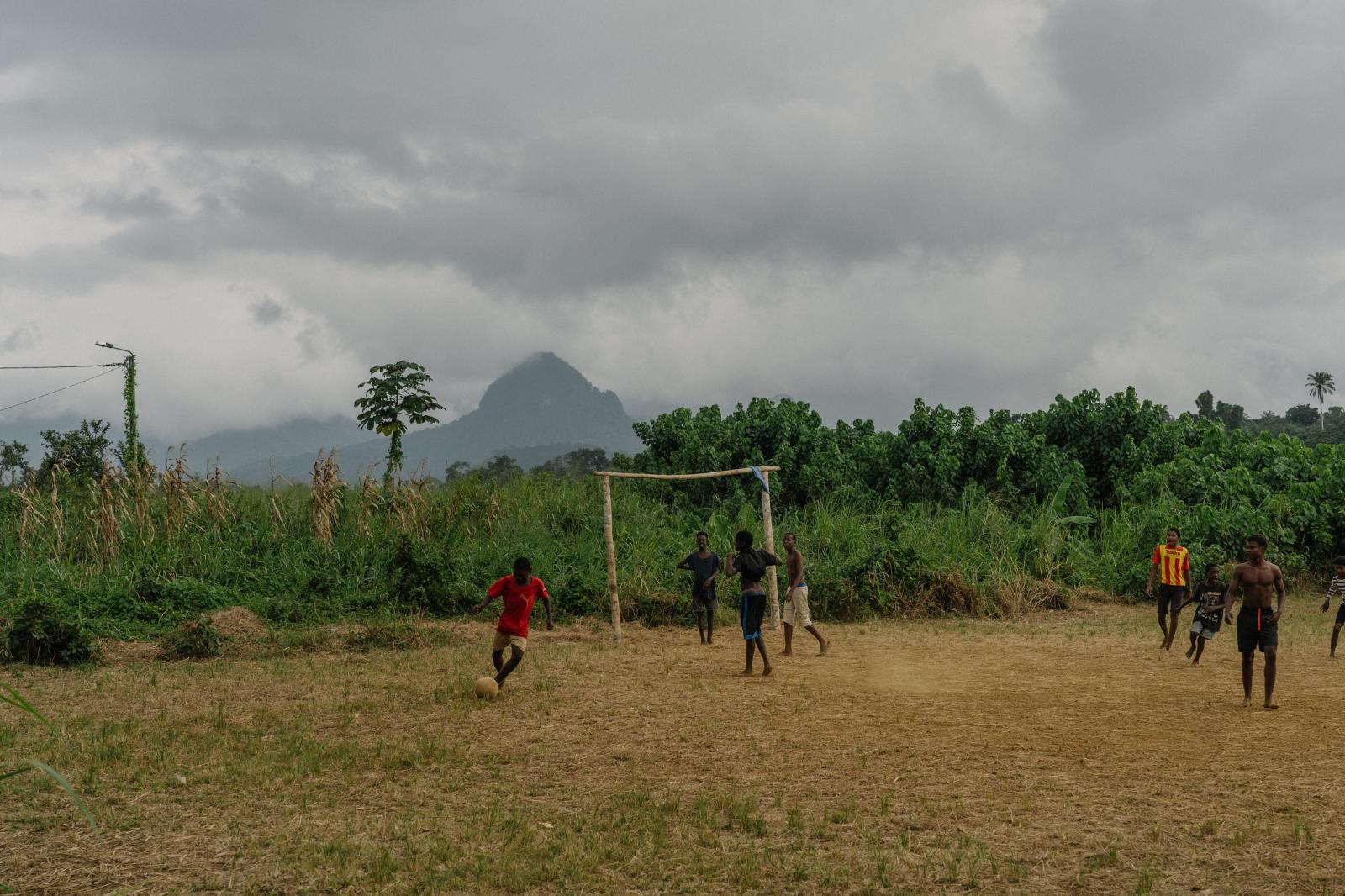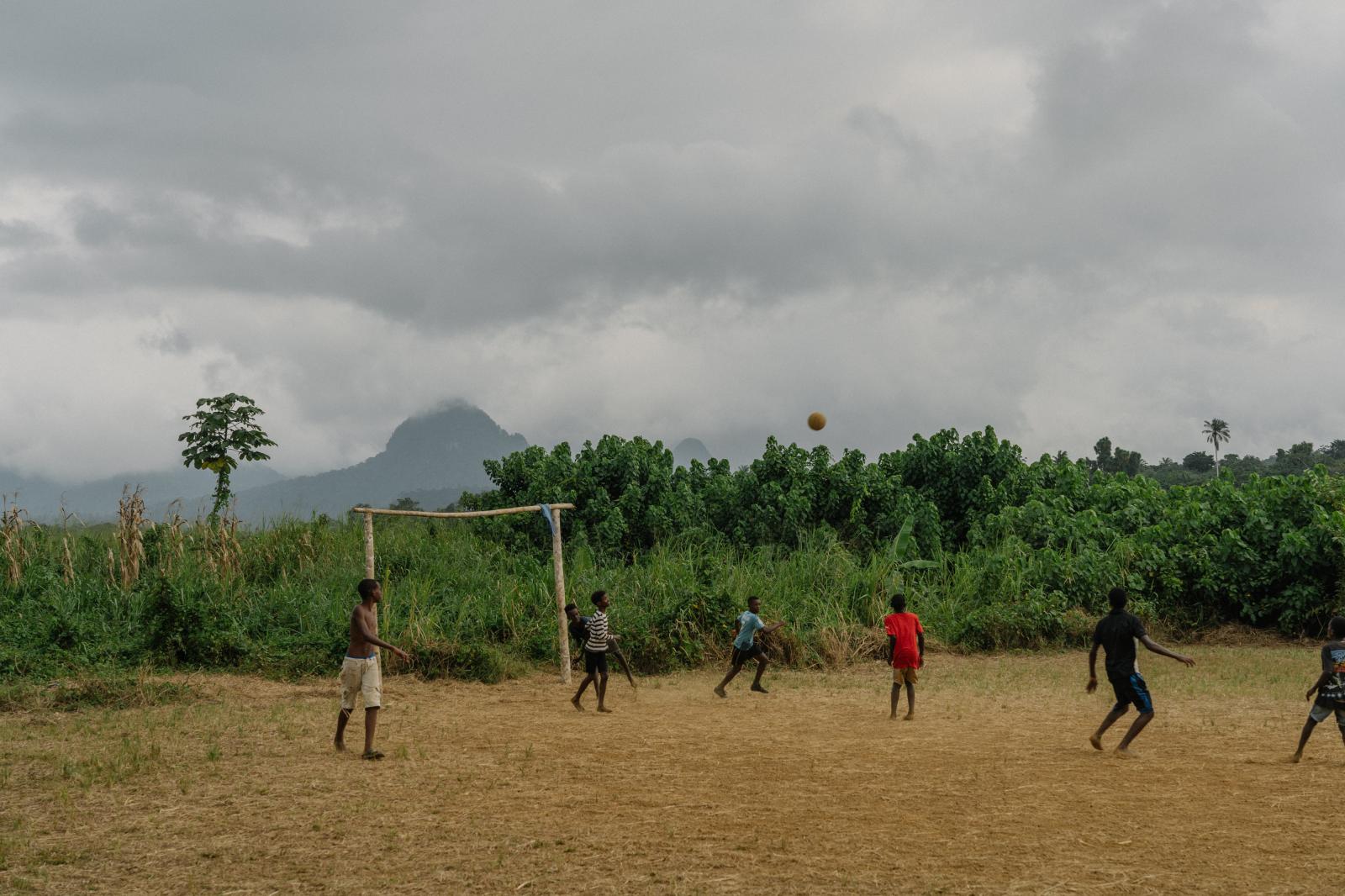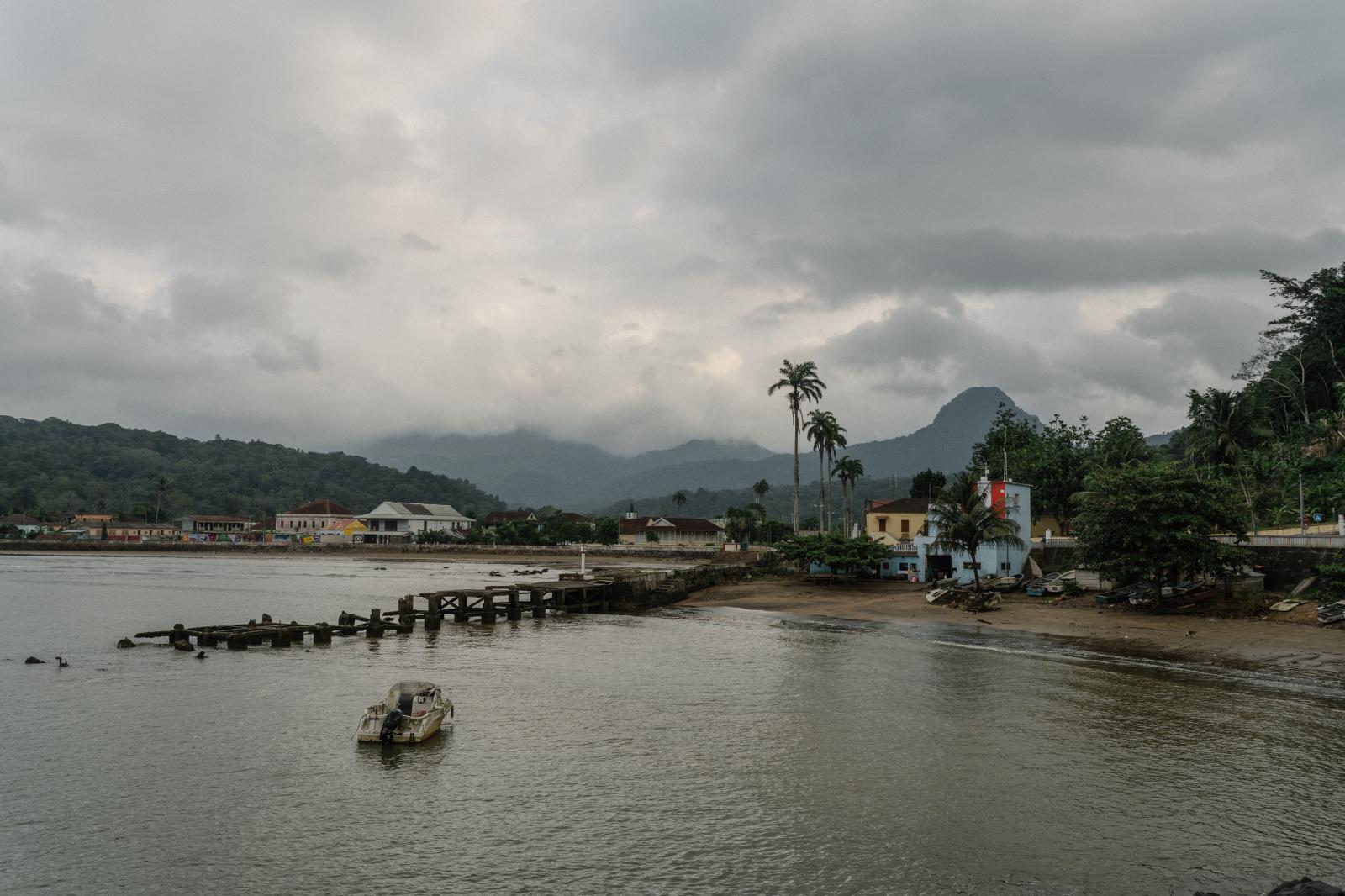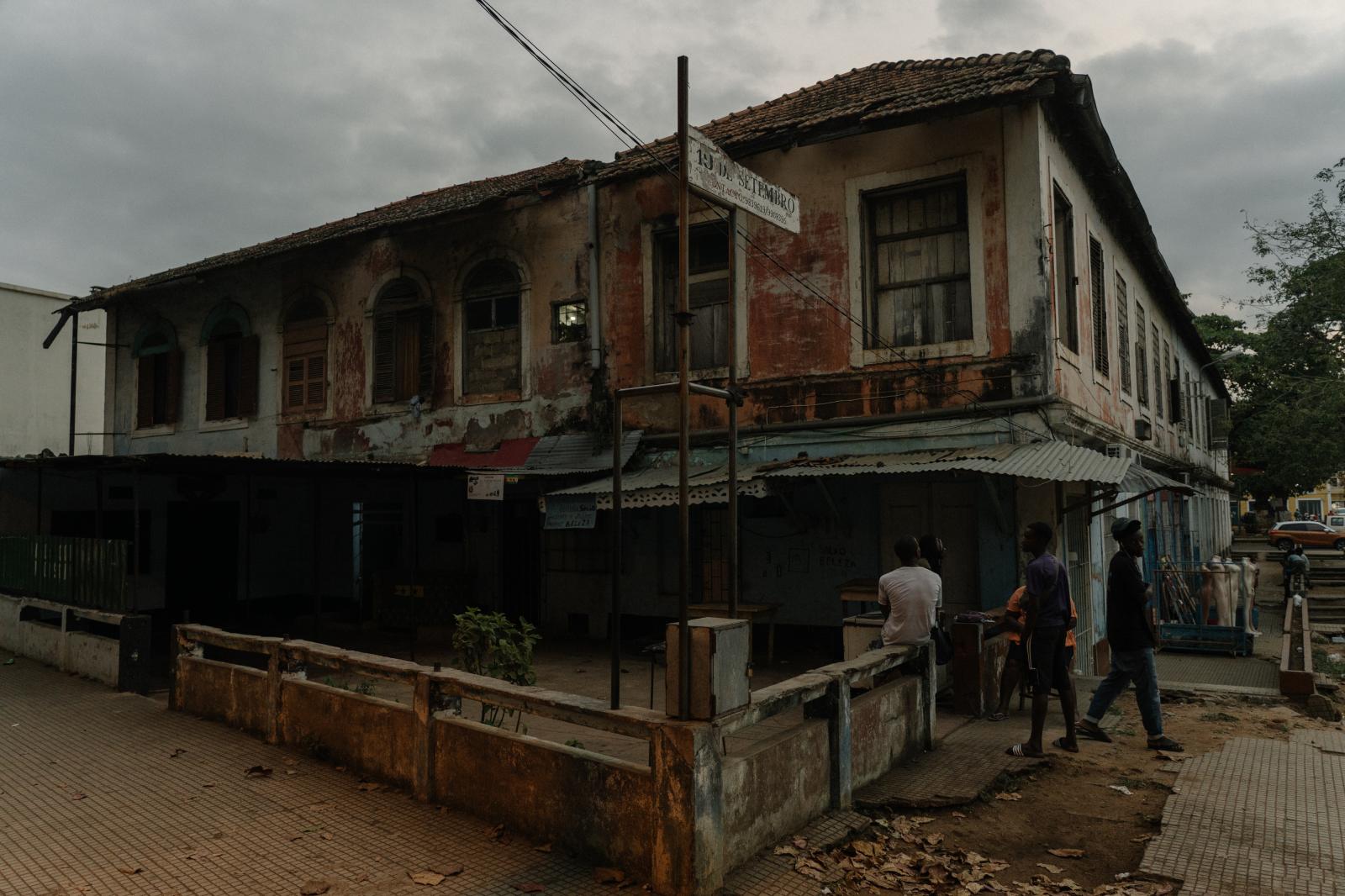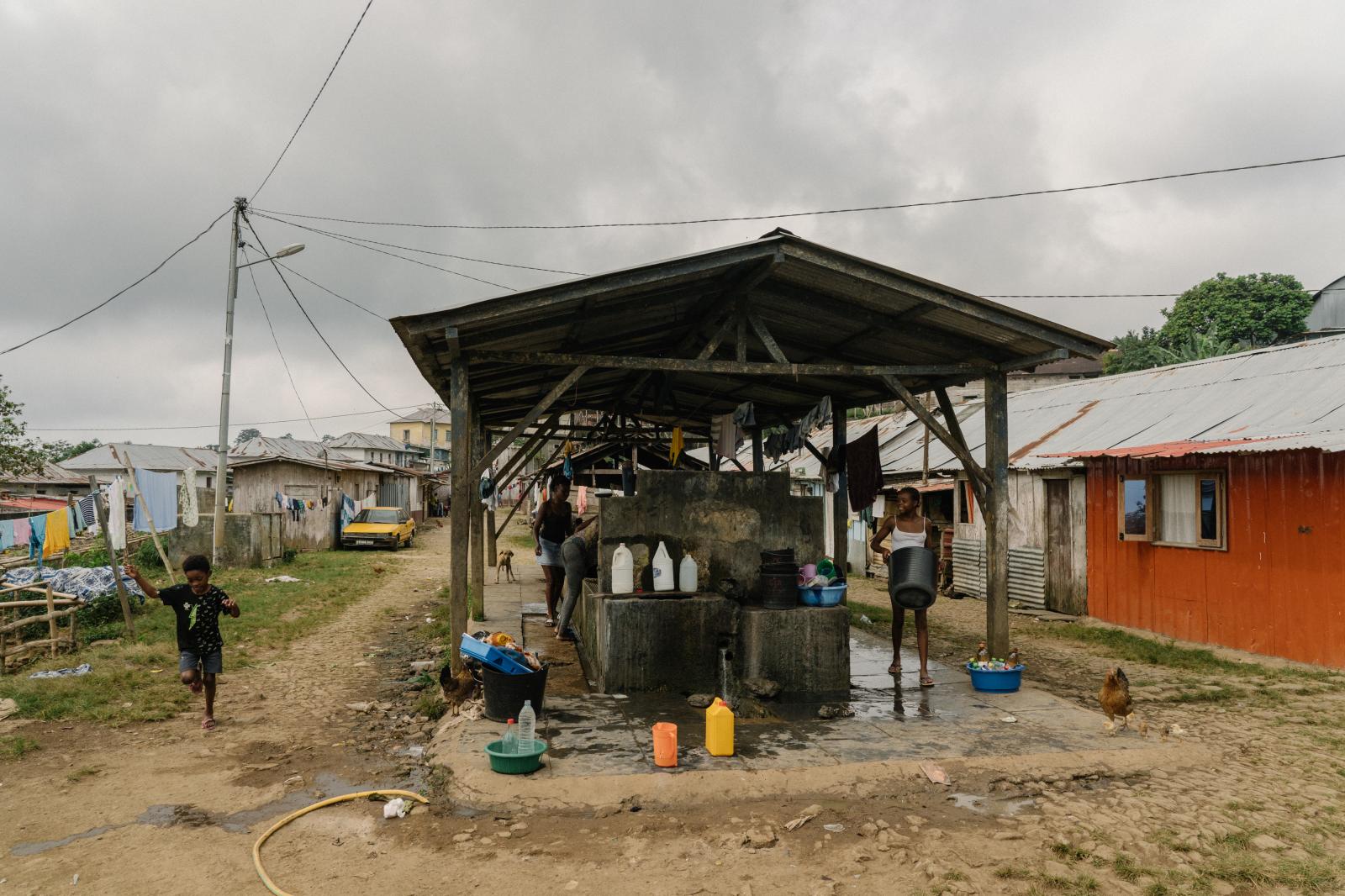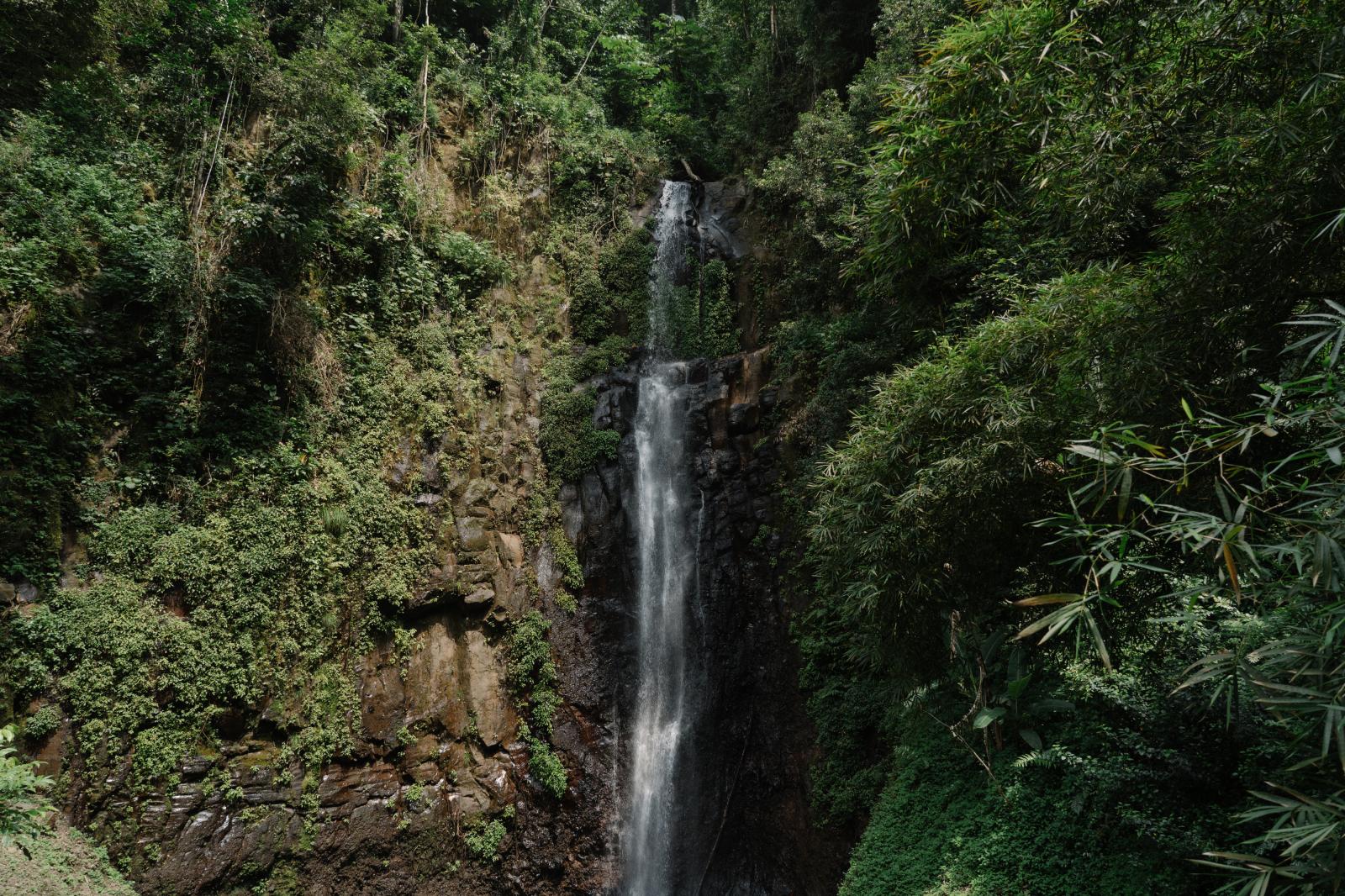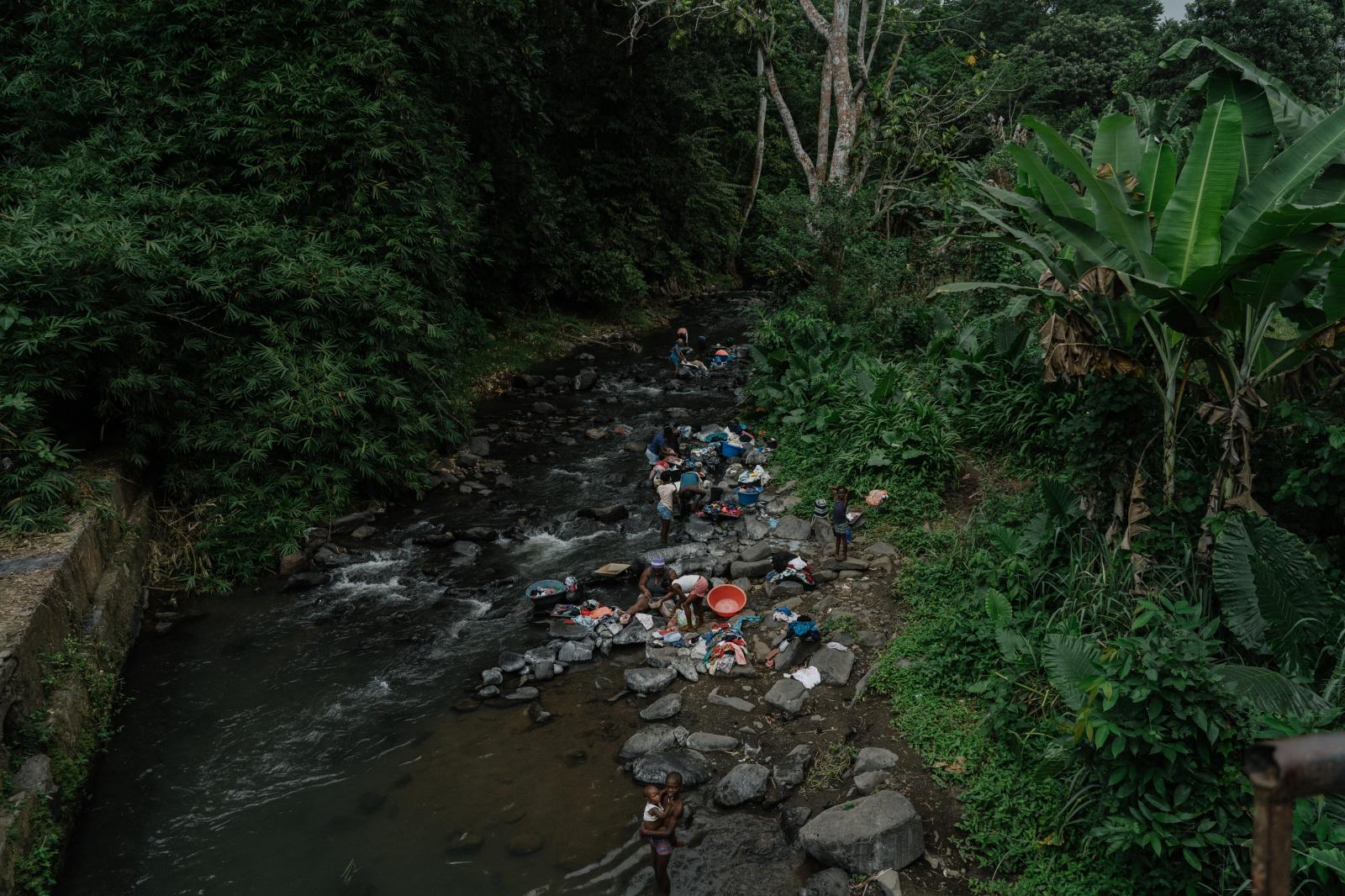Purchase a license
Editorial License
Rights Managed
Commercial License
Rights Managed
Request a special price or selection
Custom request
Seaweed Farming 02
Includes 1 image
Credit: Natalija Gormalova via Visura
Asset ID: VA70131
Caption: Available
Creator's Statement: Available
Copyright: © Natalija Gormalova, 2025
Collection:
Location: Zanzibar, Tanzania
Topics:
Asset ID: VA70131
Caption: Available
Creator's Statement: Available
Copyright: © Natalija Gormalova, 2025
Collection:
Location: Zanzibar, Tanzania
Topics:
Seaweed Farming Against Gender Inequality and Climate Change When the water goes out with the low tide, the coast of Zanzibar transforms into a desert. White sandbanks stretch for miles with shallow pools, rows of sticks and hundreds of seaweed farms. Zanzibar is the world's 3rd largest exporter of seaweed in the world. Seaweed is mainly exported to Asia and Europe and used as a base for cosmetics, toothpaste, medicine and food. 90% of seaweed farmers in Zanzibar are women. In traditionally patriarchal communities in Zanzibar, women tend to stay at home, cook and look after their children. Seaweed farming had created a significant shift in gender relations, helping women to leave homes, earn money and depend on their income. Researchers have found that seaweed can play a huge role in fighting climate change by absorbing carbon emissions, greenhouse gasses from the atmosphere and regenerating marine ecosystems. Large-scale seaweed farms could clean up oceans, restoring biodiversity and increasing the productivity of aquaculture. But in recent years in Zanzibar, the rising temperatures of the Indian Ocean have been killing seaweed due to bacteria called “ice-ice” growing on seaweed causing it to die. To tackle this problem marine biologists suggested moving seaweed farms to deeper much cooler waters. Deepwater seaweed farming will mean that women farmers in Zanzibar need to learn how to swim and adapt to ever-changing seas.
Also by Natalija Gormalova —

